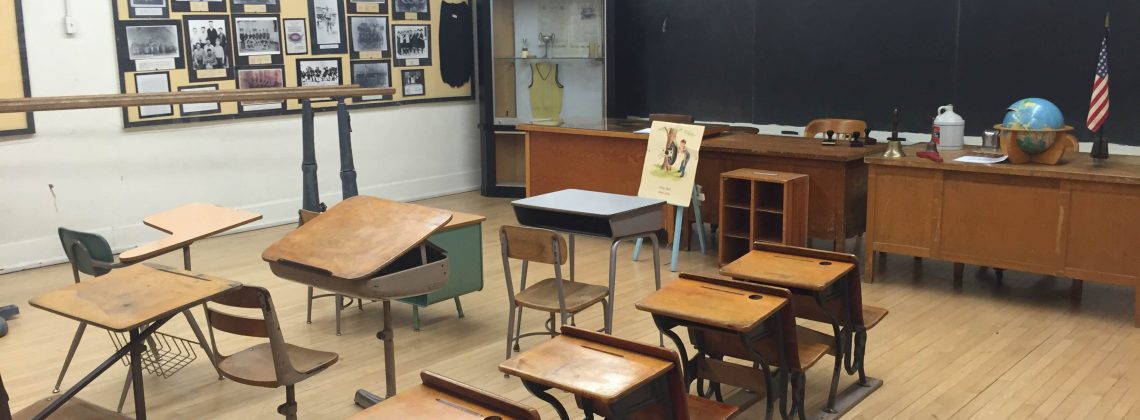

University of Richmond historian Ed Ayers recently visited a high school history classroom. He reflects on what he saw here.
A taste:
I recognized in those two sessions what I had learned four decades ago when I started teaching history: the history classroom must be a community of trust if it is to do its work. Though I did not know the students with whom I discussed hard topics, I could see that their teachers had created a climate of honesty and collaboration, that I could ask questions that might have seemed rude in other contexts, that might have risked offending with their directness and challenge of assumed beliefs. Instead, these 11th-graders took my questions in the spirit in which they were offered, not to undermine their confidence, challenge their identity, or derail their projects, but to help them understand what they were curious and confused about. None of them seemed threatened or annoyed when I asked them to tell me what they meant more clearly, or how they could know that some generalization was true. Instead, they politely thanked me for leveling with them, though we had barely met and would probably never see each other again. Their teachers had created an environment of confidence and honesty long before I appeared on their screen.
In the midst of these visits, I was also reading news accounts of laws being proposed and passed to prevent the teaching of “conflict” in schools. Lawmakers in several states are invoking a phrase few had heard of until recently — “critical race theory” — to prohibit classroom discussions about systemic racism.
Instead, teachers are being pressured to promote patriotism by presenting only positive stories about the United States. The laws are framed in disingenuous terms of avoiding hurting students’ feelings by suggesting that they benefit from inherited advantages, that they are racist by legacy. The fundamental idea of critical race theory, ironically, is just the opposite. It suggests that racial prejudice is not merely an attitude, prejudice, or blindness embodied in individuals but rather is built into institutions and neighborhoods so that it seems natural.
Even if lawmakers did understand what they were legislating against, the laws are misguided, misinformed, and dangerous. They undercut the reason those laws’ supporters argue that history should be taught in our schools: to make students better citizens. They violate the traditions that undergird American democracy: traditions of speech, equality, and engagement. They corrode true patriotism and replace it with evasion and indoctrination.
Our classrooms must be communities of trust, and we know what creates that trust. It begins, regardless of the subject, regardless of the grade level, with teachers’ empathy, compassion, and understanding for the students entrusted to them. The best teachers care enough about their students to take them seriously, to engage them, to question them.
Trust grows, too, when students see that teachers know what they are talking about, that they have mastered the subjects they convey. The teaching of American history is exciting and challenging because our range of vision continues to broaden, because our collective knowledge deepens. We teach history in new ways because there is more to learn about more subjects, because threadbare assertions prove to be untrue, because exciting prospects open when we include as many people as we can in our stories about the past.
Read the entire piece here.